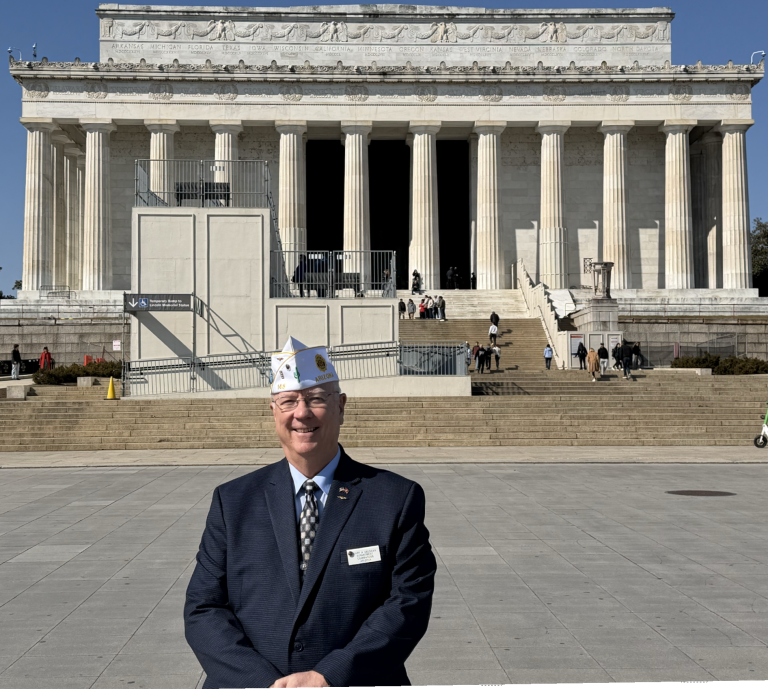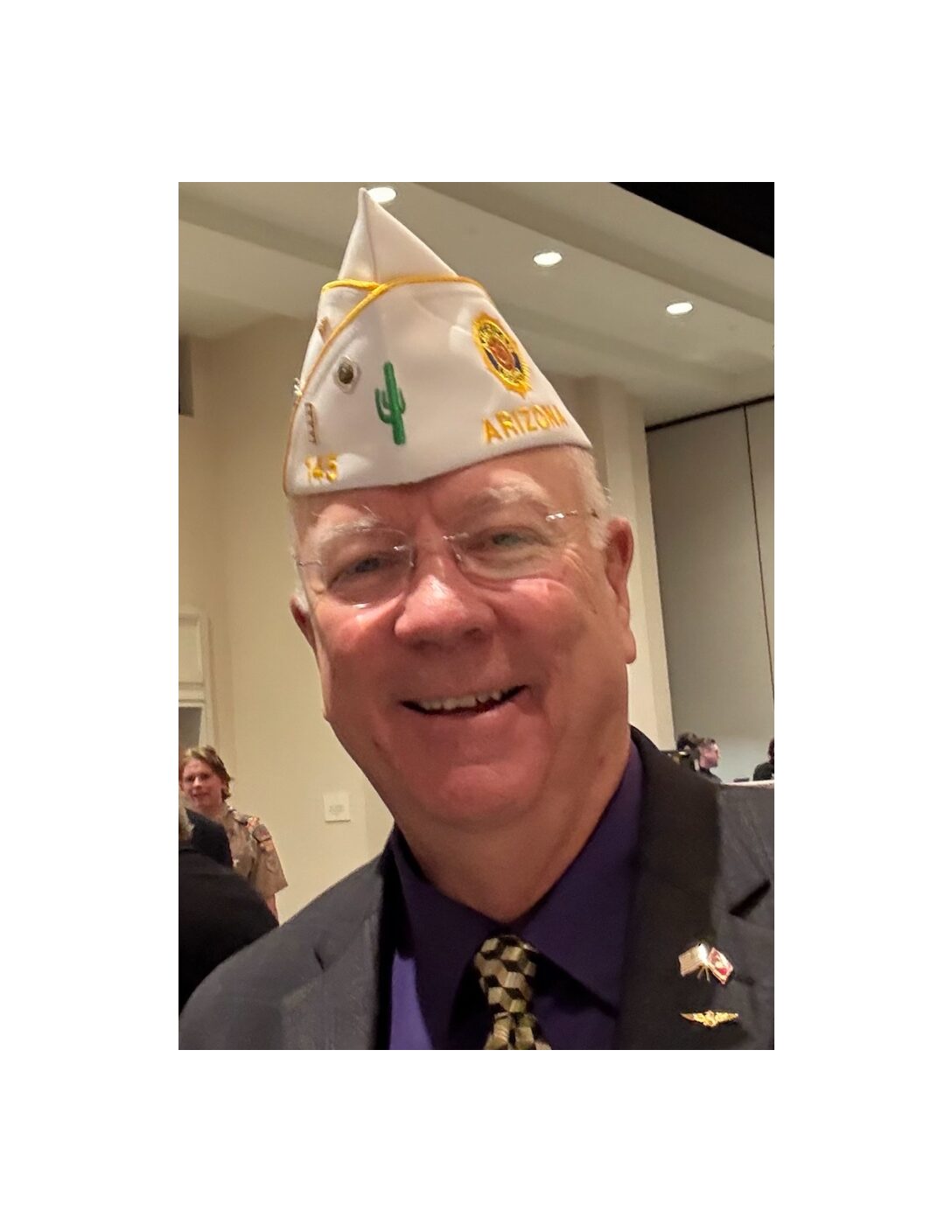Washington Post
By Lisa Rein
March 9, 2018 at 6:00 AM
Veterans Affairs Secretary David Shulkin is managing the government’s second-largest bureaucracy from a fortified bunker atop the agency’s Washington headquarters.
He has canceled the morning meetings once attended by several of President Trump’s political appointees — members of his senior management team — gathering instead with aides he trusts not to miscast his remarks. Access to Shulkin’s 10th-floor executive suite was recently revoked for several people he has accused of lobbying the White House to oust him. He and his public-affairs chief have not spoken in weeks.
And in a sign of how deeply the secretary’s trust in his senior staff has eroded, an armed guard now stands outside his office.
Shulkin, a favorite of Trump’s who by most accounts tallied multiple wins in his first year serving a crucial constituency for the president, is fighting to regain his standing amid a mutiny. Although those who want him gone say their focus is fulfilling the president’s priorities, it has become clear that one side — whether it’s Shulkin, who is the only Obama administration holdover in Trump’s Cabinet, or his estranged management team — is unlikely to survive the standoff.
“The tragedy of all of this is that Shulkin is putting points on the scoreboard for Trump,” said Philip Carter, a senior fellow at the Center for a New American Security, where he focuses on veterans issues. “. . . What gets lost with the palace intrigue is that reforms will stall. It’s the president’s agenda that suffers with this kind of dysfunction.”
This portrait of the Department of Veterans Affairs’ leadership crisis is based on interviews with 16 administration officials and other observers. Most spoke on the condition of anonymity to offer candid views.
It is an extraordinary state of affairs at the massive federal agency — only the Defense Department is bigger — whose mission is etched outside its headquarters a block from the White House: “To care for him who shall have borne the battle.” Some of the secretary’s aides, many of whom spent decades following orders in the military, have for weeks openly defied their VA chain of command.
“This is salacious conspiracy, and it’s treason,” said Louis Celli, national director of veterans affairs for the American Legion, the country’s largest veterans group. The organization’s leaders recently informed the White House that, if necessary, they will gather members to picket outside with signs bearing the names of those they want removed.
Shulkin has sought to fire at least six of his senior managers and said as recently as Wednesday that he has assurances from White House chief of staff John F. Kelly that terminating disloyal staffers is within his authority. Administration officials dispute this, however, saying Kelly has rebuffed such efforts.
The rift has simmered for months, driven by personality and policy differences over shifting more health care for veterans to the private sector. It exploded into public view in February with the release of an inspector general report admonishing Shulkin and his staff for missteps surrounding a 10-day business trip to Europe. The report so outraged veterans that some threatened Shulkin, another reason security was enhanced outside his office.
Shulkin continues to have Trump’s confidence, the White House says, but the impasse has compelled the secretary to seek support from those closest to the president. Last week, he flew to Trump’s Mar-a-Lago estate in Florida to meet with Ike Perlmutter, chief executive of Marvel Entertainment, who advises Trump on veterans issues. The four-hour meeting focused largely on VA policy, but Shulkin also sought Perlmutter’s backing in ridding the agency of those Shulkin considers obstacles to further changes.
Some Trump appointees feel the work environment at VA is “toxic” and are said to be seeking other jobs within the administration, but as of Thursday none had departed, officials said.
Shulkin is a physician and former hospital administrator who ran VA’s massive health-care arm for 18 months under President Barack Obama before becoming secretary. At a media event in Washington on Wednesday, he made clear that he wants to clean house, announcing new leadership overseeing two dozen troubled hospitals. While those moves targeted career VA personnel who had failed to meet expectations, Shulkin used the opportunity to warn “everybody on the political team who is not helping.”
“It’s taken a lot of my effort not to get distracted,” Shulkin said in a separate interview with The Washington Post. “But I’m hearing from veterans all over the country saying, ‘We know VA is moving in the right direction.’ ”
He said many members of Congress also have shown support, telling him to “keep going.”
‘The right to choose’
Shulkin’s critics deny they are plotting a coup. Rather, they say they are airing differences over a controversial policy priority for the president — that veterans have greater ability to choose private doctors at VA’s expense.
Though popular in the White House, the effort is viewed skeptically by the American Legion and other veterans groups that fear it will lead to VA’s downsizing. Shulkin and his deputy, Thomas Bowman, have backed a bipartisan compromise in the Senate that would remove some restrictions on private care but keep VA in charge of deciding whether veterans can choose private doctors.
Their stance has been a disappointment to the White House, Shulkin’s critics say.
“The president said he believes veterans have the right to choose,” said Pete Hegseth, a former chief executive of Concerned Veterans for America, a conservative advocacy group backed by the billionaire industrialists Charles and David Koch. An Iraq War veteran, Hegseth is now co-host of “Fox & Friends Weekend.”
“Shulkin has talked a good game on Choice,” Hegseth said, referring to an existing program that allows veterans to see private doctors, but with restrictions. “But he’s sided with the permanent bureaucracy, the traditional veterans groups and the unions. This is a litmus test of whether he is truly a reformer who will drain the swamp at VA.”
VA employs 360,000 people and accounts for $186 billion annually. Its sprawling health-care and benefits system, which Trump blasted on the campaign trail as a wasteful, inefficient failure, churns away. But the dysfunction, observers say, has jeopardized legislation to extend the Choice program and a separate initiative to overhaul VA’s aging electronic health-records system.
The legislation remains deadlocked in Congress. And if Shulkin were to leave, his allies said, the health-records project would face indefinite delay.
“Things have come to a grinding halt,” one senior manager said. “It’s killing the agency. Nobody trusts each other.”
The power struggle
Shulkin and his team saw eye to eye at first. Some aides, such as John Ullyot, his public-affairs chief, arrived at VA with years of Capitol Hill experience. Others, including Jake Leinenkugel, a senior aide installed as part of a Cabinet-wide program to monitor secretaries’ loyalty, has no prior government experience.
In Shulkin’s first year, Congress passed 11 bills to bring change to the agency, easing the backlog of benefit applications and appeals and clearing a fast path to fire employees involved in misconduct. VA also launched a 24-hour hotline for veterans’ complaints and began posting wait times for appointments at its 1,200 medical centers.
Beginning last spring, though, the debate over private care and a growing distrust of Shulkin’s affiliation with the Obama administration began to fuel the leadership fight. Then last fall, early in his tenure as deputy secretary, Bowman alienated some when he told staffers they needed to show respect for Shulkin, his chief of staff and the agency’s career civil servants, and to value their expertise, according to three people with knowledge of the meeting.
Bowman could not be reached for comment. A VA spokesman said the agency does not comment on private meetings.
Shulkin, meanwhile, had concluded some of his aides had no defined roles and were not moving his efforts forward, according to current and former VA officials.
In February, White House aides sought to have Bowman removed in an effort to rattle Shulkin. Bowman survivedafter a strong show of support from Capitol Hill, but he remains in the crosshairs of some in the White House and at VA.
Shulkin and his senior managers have clashed over high-level hires, including one former Obama administration official. They have also argued over policies believed by Trump’s political team to be out of step with this administration’s priorities, with the appointees consistently overruling the secretary.
The friction grew so intense that Ullyot, Leinenkugel and VA’s legislative-affairs chief, Brooks Tucker, met regularly to plot the ouster of Shulkin and his top aides, according to current and former agency employees with knowledge of the conversations. At one point, Leinenkugel advocated he take over as deputy secretary until a permanent replacement could be found.
Ullyot declined to comment. Leinenkugel has said previously that he has routinely expressed his “concerns and suggestions for improvements.” He did not return messages seeking comment for this report. Efforts to reach Tucker were unsuccessful.
The feud reached a peak last month with the release of the inspector general’s report.Shulkin’s chief of staff, a longtime civil servant who was disliked by the Trump team, stepped down as a result, and her replacement was installed by the White House, a sign of the administration’s desire for more influence.
Last week, Camilo Sandoval, a senior adviser at the Veterans Health Administration, appeared unexpectedly at the first meeting between new chief of staff Peter O’Rourke and Christopher Vojta, VA’s new deputy undersecretary for health, according to two agency officials. Sandoval told Vojta he was representing the White House, these people said.
In a move that unsettled Vojta and others, Sandoval inquired about Vojta’s loyalty to Shulkin and Bowman. “Camilo was trying to assess whose side he was on,”said one senior official familiar with the encounter.
Sandoval did not respond to a message seeking comment. Curt Cashour, VA’s press secretary, said the meeting never happened.





